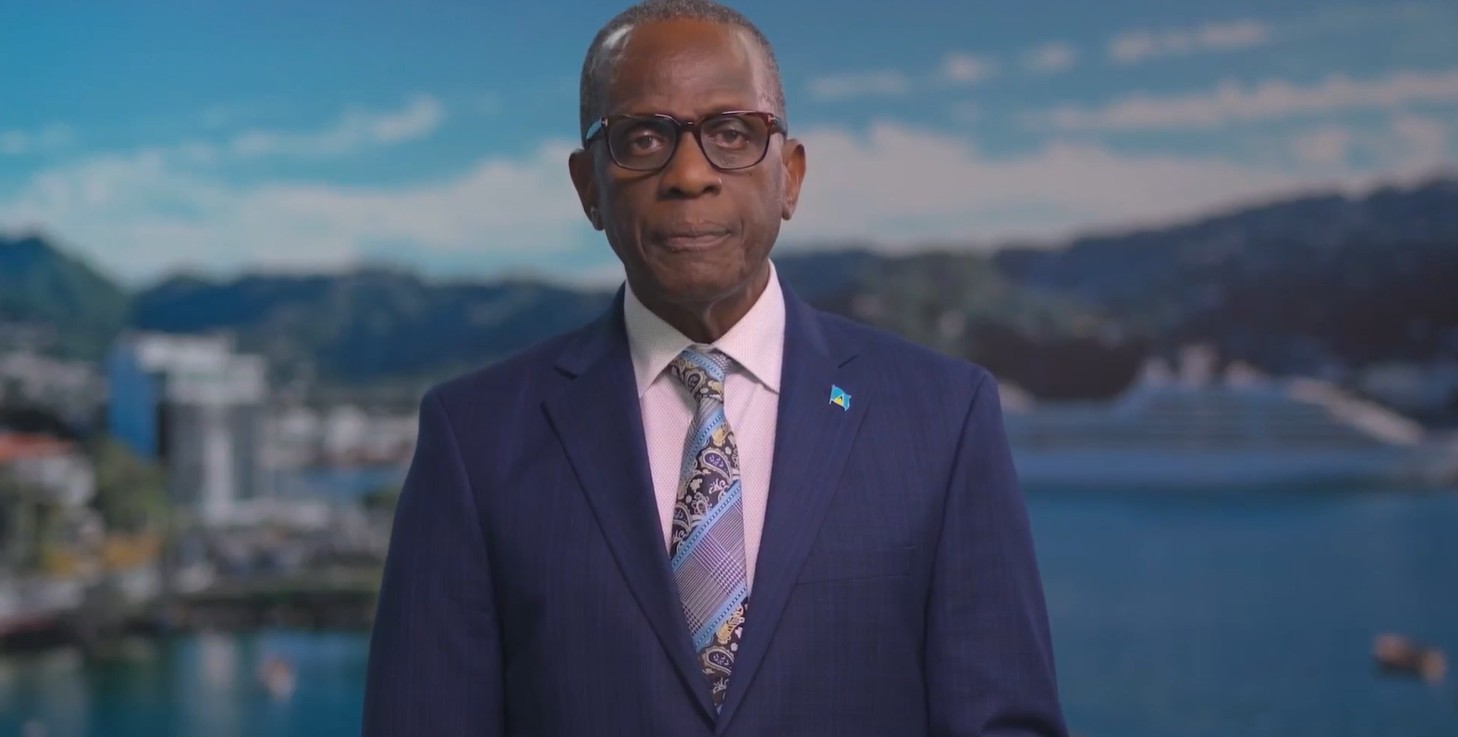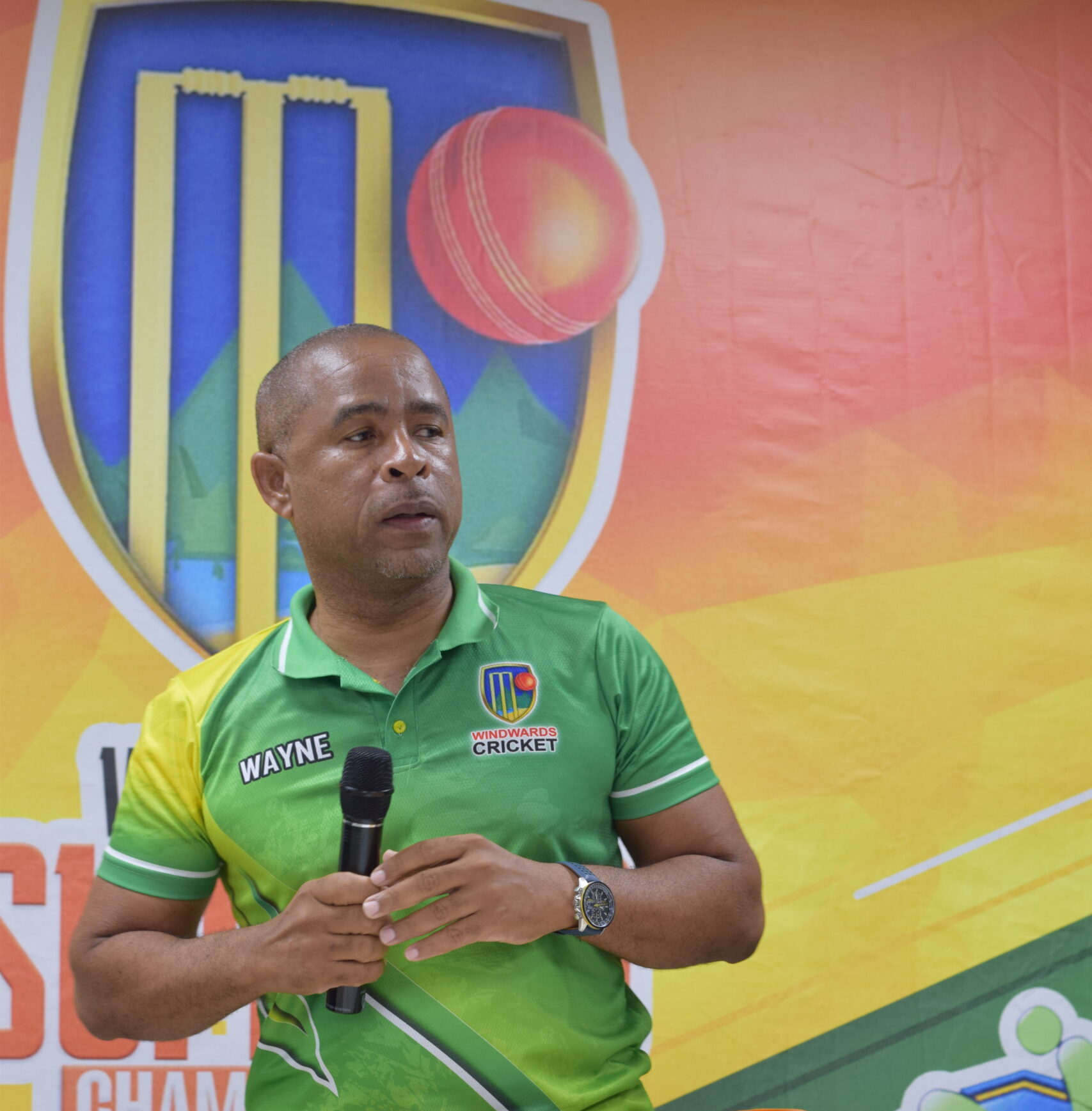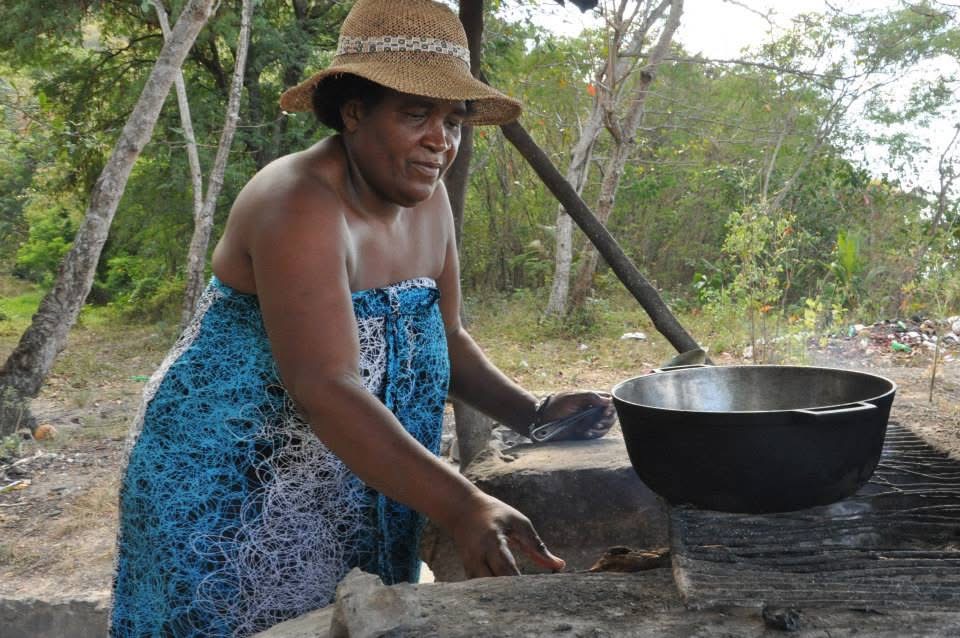Saint Lucian athletes delivered exceptional performances across multiple US collegiate track and field events over the weekend, with two competitors establishing new school records and one setting a national milestone. The remarkable achievements highlight the growing prominence of Caribbean athletes in collegiate sports.
Eighteen-year-old Naya Jules made an impressive debut for Garden City Community College in Kansas by clearing 3.05 meters in the women’s pole vault. This performance not only set a new school record but also established a fresh Saint Lucia national record. The Babonneau native had previously set a CARIFTA and national record of 3.00 meters at Hasely Crawford Stadium in 2025. Competing at the Friends First Chance Qualifier in Wichita, Jules placed ninth overall in pole vault while also participating in the 60m hurdles, finishing 17th with a time of 10.93 seconds.
Meanwhile, 24-year-old Carl Drakes continued his successful season with Coppin State University Eagles at the VCU Indoor Invitational. Drakes achieved a narrow second-place finish in the men’s 300m with a school-record time of 33.88 seconds. He additionally placed fourth in the 60m event, clocking 6.70 seconds, just shy of his personal best.
Other Saint Lucian athletes demonstrated strong performances across various competitions. Asa Francis secured fourth place in the men’s 400m (49.01) and eleventh in the mile (4:29.60) at VCU, following his December achievement of lowering his 1000m national record to 2:28.66. Eighteen-year-old Jasmine Stiede made an encouraging indoor debut for Wichita State Shockers, finishing third in the women’s 800m with a time of 2:25.68.
At the Lewis vs Purdue Northwest meet in Illinois, freshman Cagini Pilgrim and senior Tyler Toussaint excelled in the men’s 55m, placing first (6.45) and third (6.51) respectively. Additional notable performances included Miguel Charlery’s fifth-place finish in the men’s 60m (6.93) at the West Point Open and Nebia Montrope’s indoor 800m debut for Essex Community College, where she finished 14th with a time of 2:34.25.









